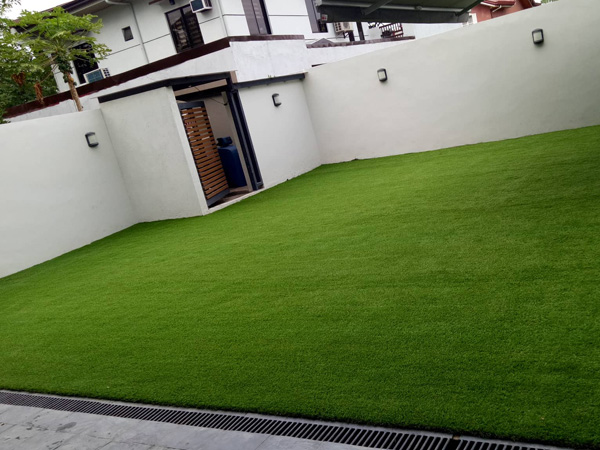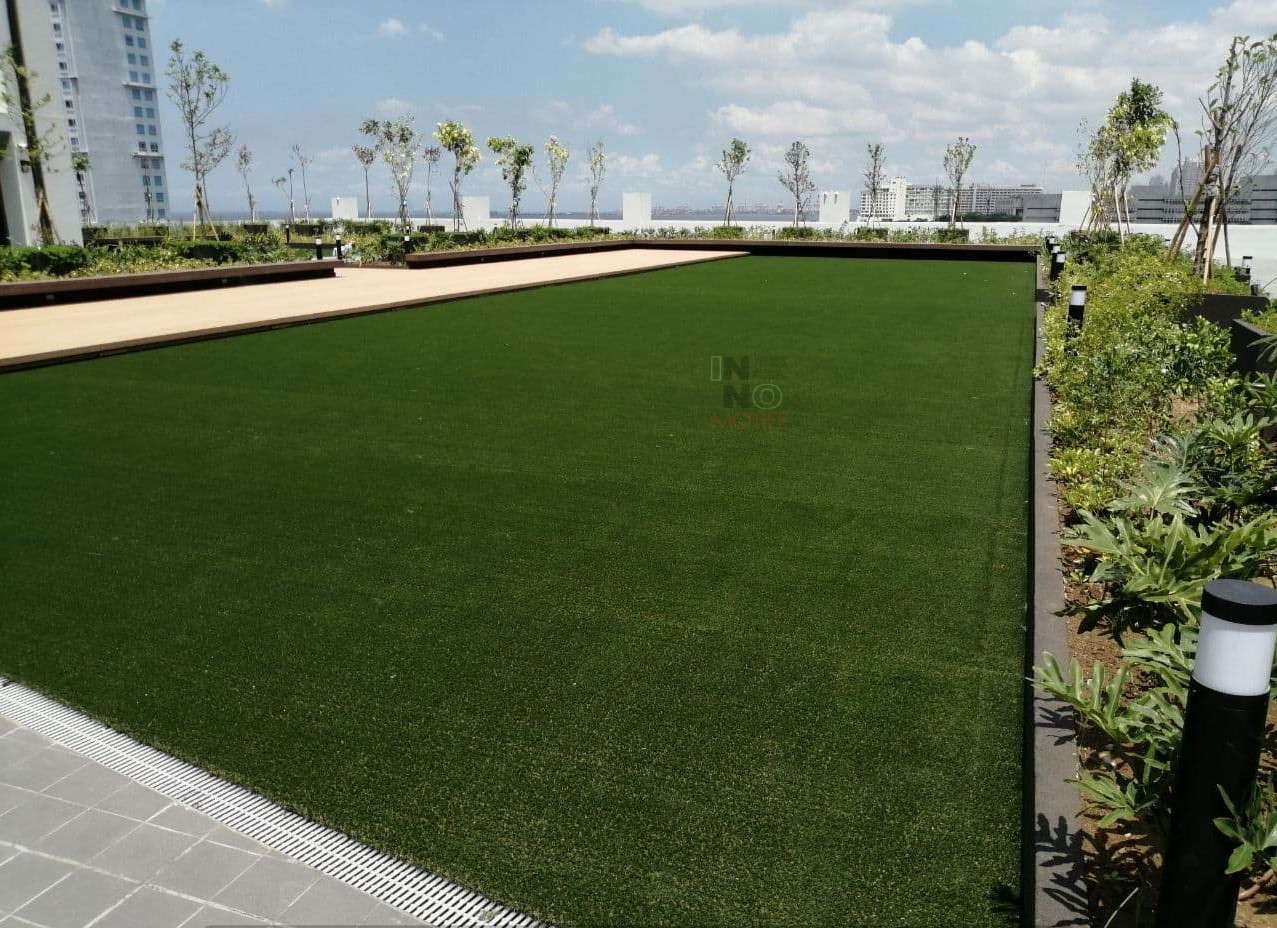In today’s fast-paced world, where the majority of our time is spent indoors, the quality of the air we breathe is of paramount importance. Many of us are becoming increasingly aware of the detrimental effects of poor indoor air quality (IAQ) on our health and well-being. Amidst this concern, the role of artificial plants as a solution is gaining traction. As an artificial plants supplier, understanding their benefits beyond mere aesthetics is crucial.
Understanding Indoor Air Quality
Indoor air quality (IAQ) refers to the condition of the air within and around buildings, especially as it relates to the health and comfort of occupants. It encompasses various factors such as temperature, humidity, and the presence of pollutants. Common pollutants found indoors include volatile organic compounds (VOCs), formaldehyde, and airborne particles. As an artificial plants supplier, recognizing the impact of IAQ on the demand for your products is key.
Natural Plants vs. Artificial Plants
Traditionally, natural plants have been championed for their air-purifying abilities. However, artificial plants are increasingly being recognized as a viable alternative. Unlike their natural counterparts, artificial plants require minimal maintenance and are hypoallergenic, making them suitable for a wider range of environments. As an artificial plants supplier, highlighting these advantages can attract customers looking for low-maintenance yet effective solutions for IAQ improvement.
Health Benefits of Artificial Plants
Research has shown that artificial plants can contribute to improving indoor air quality by reducing the concentration of airborne pollutants. While they may not possess the biological mechanisms of natural plants, artificial plants can still adsorb and trap harmful substances, thereby enhancing the overall air quality. Studies have demonstrated the efficacy of artificial plants in various indoor settings, from homes to offices. As an artificial plants supplier, showcasing the health benefits backed by scientific evidence can instill confidence in your products.
Practical Tips for Using Artificial Plants
To maximize the air purification effect of artificial plants, strategic placement is essential. Positioning them near sources of pollutants or in areas with limited ventilation can help enhance their effectiveness. Additionally, regular dusting and cleaning of artificial plants are recommended to prevent the buildup of particles on their surfaces. Choosing high-quality artificial plants designed specifically for IAQ improvement is also advisable. As an artificial plants supplier, providing guidance on proper placement and maintenance can aid customers in achieving optimal results.
Takeaway
Artificial plants offer a practical and effective solution for improving indoor air quality. As an artificial plants supplier, recognizing their role in promoting healthier indoor environments is crucial. By highlighting their benefits and offering practical advice, you can help customers make informed choices that prioritize their well-being. Embracing the demand for IAQ-conscious products positions you at the forefront of a growing market focused on sustainable and healthy living.










